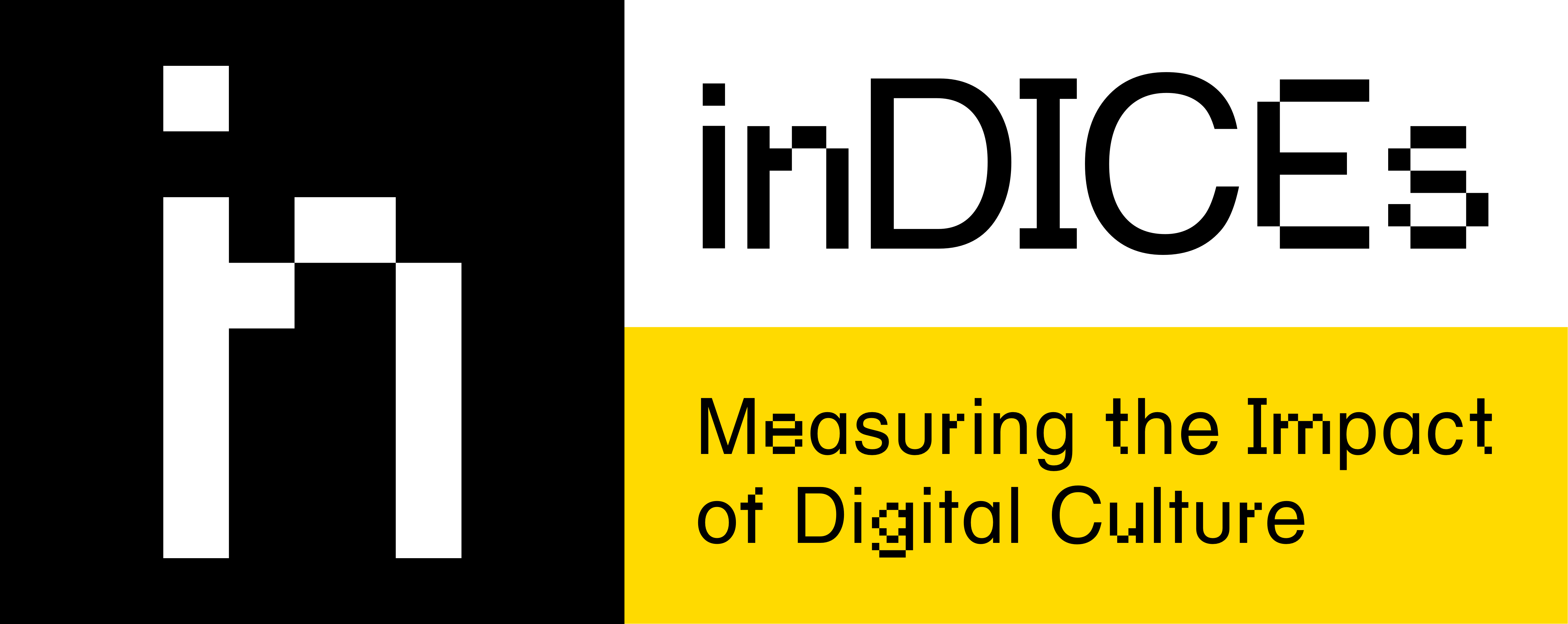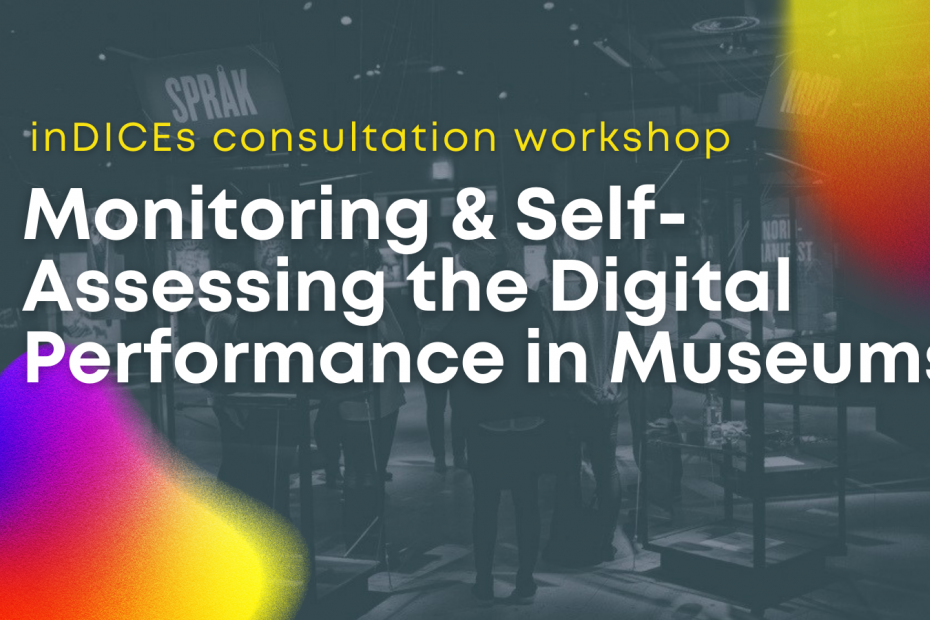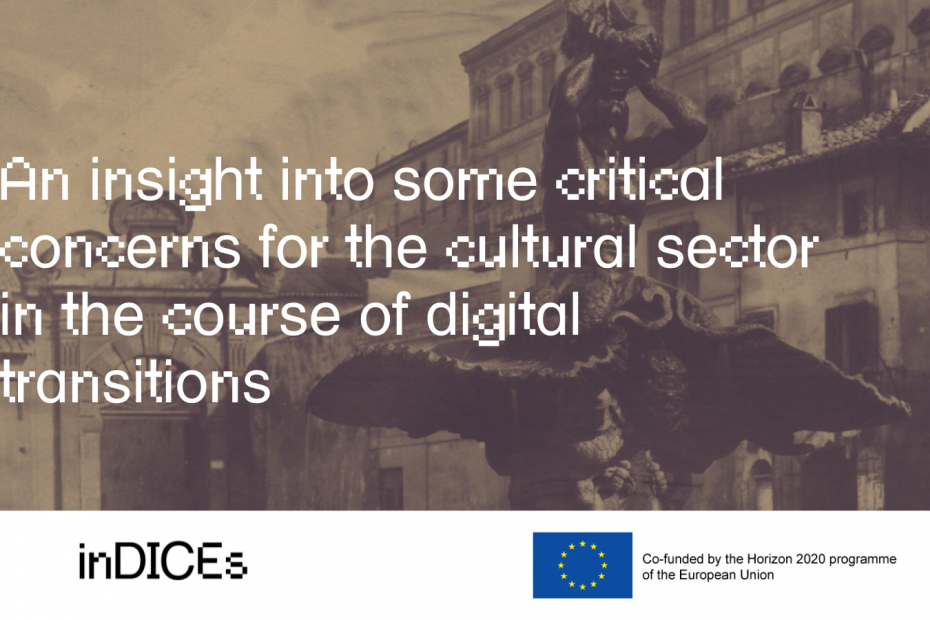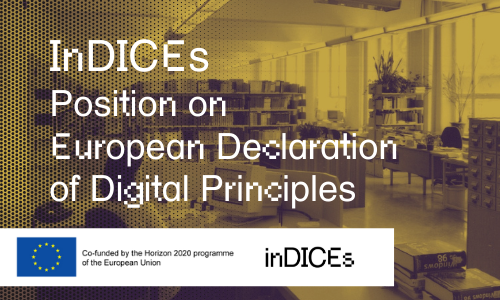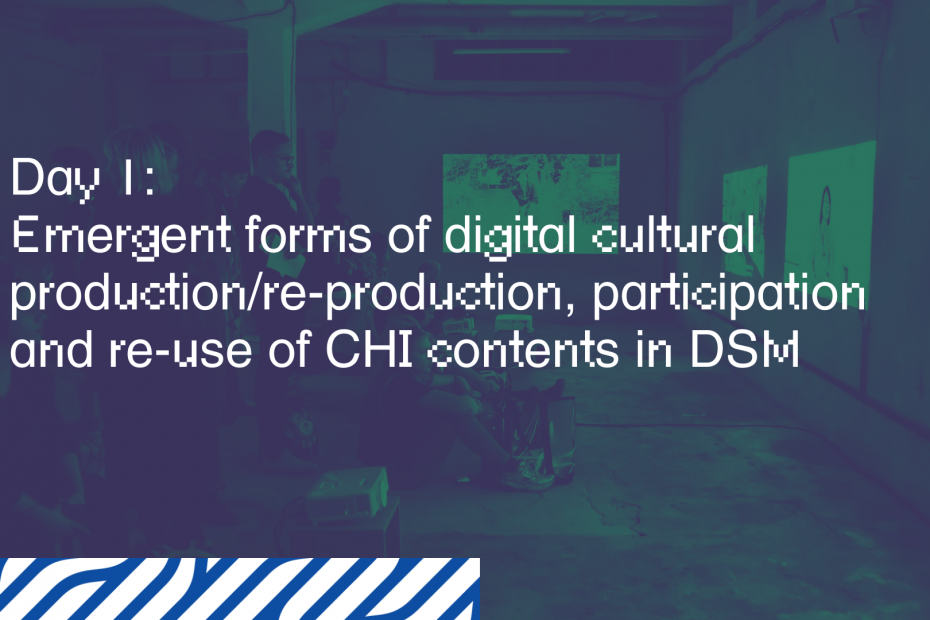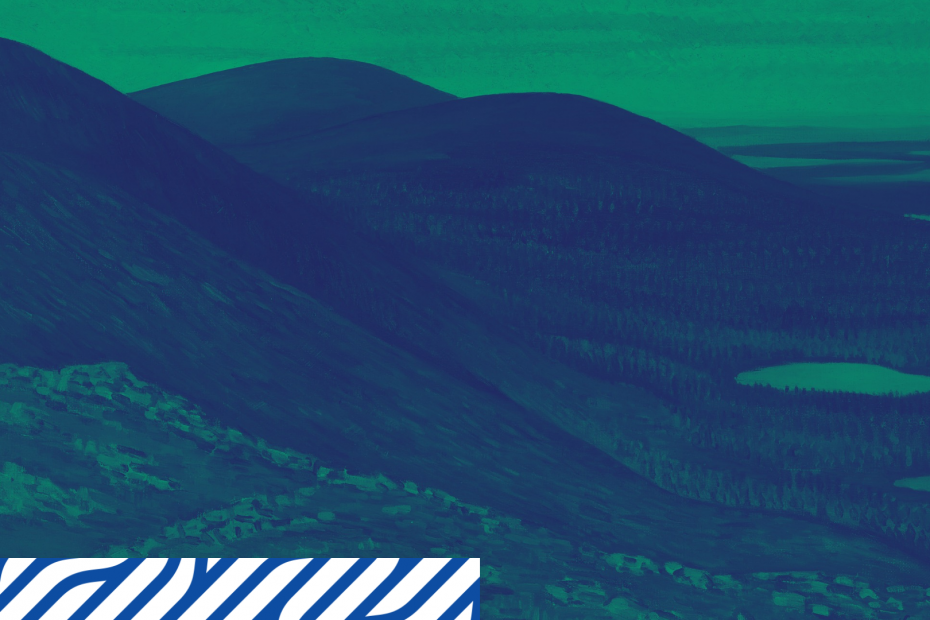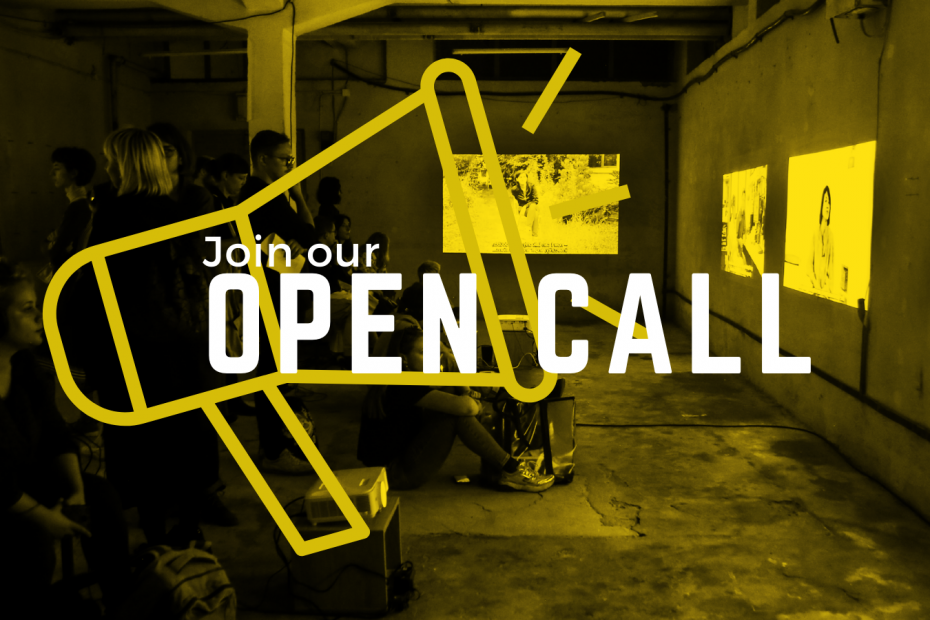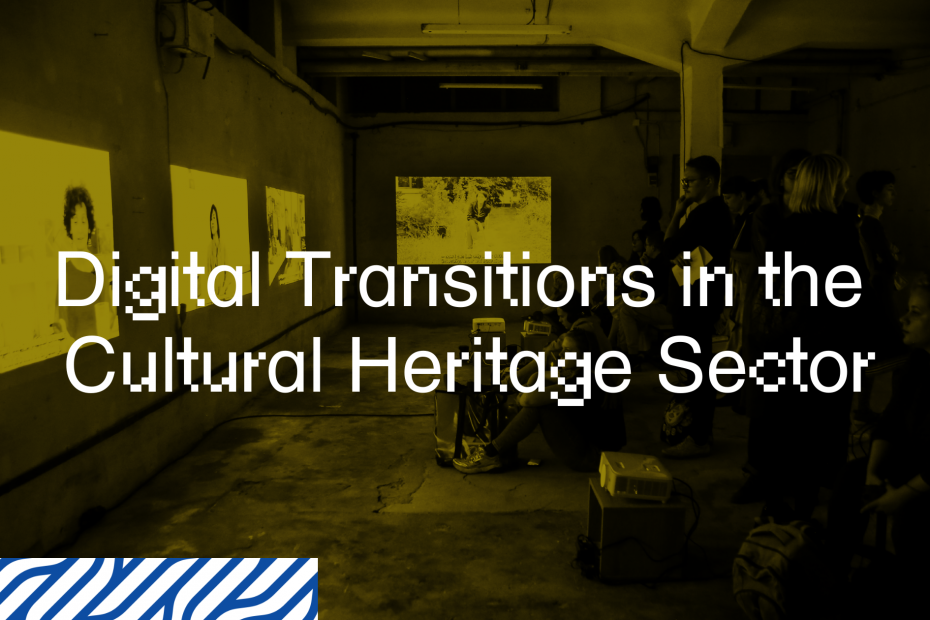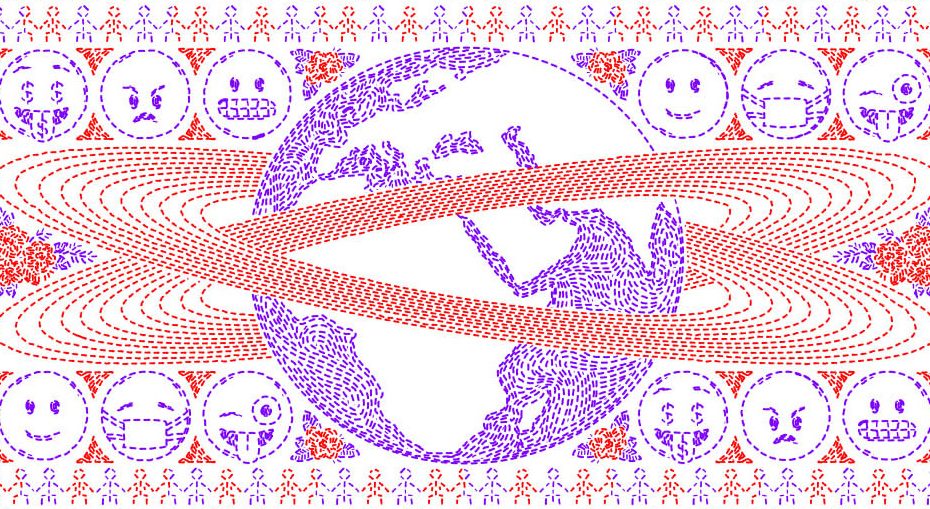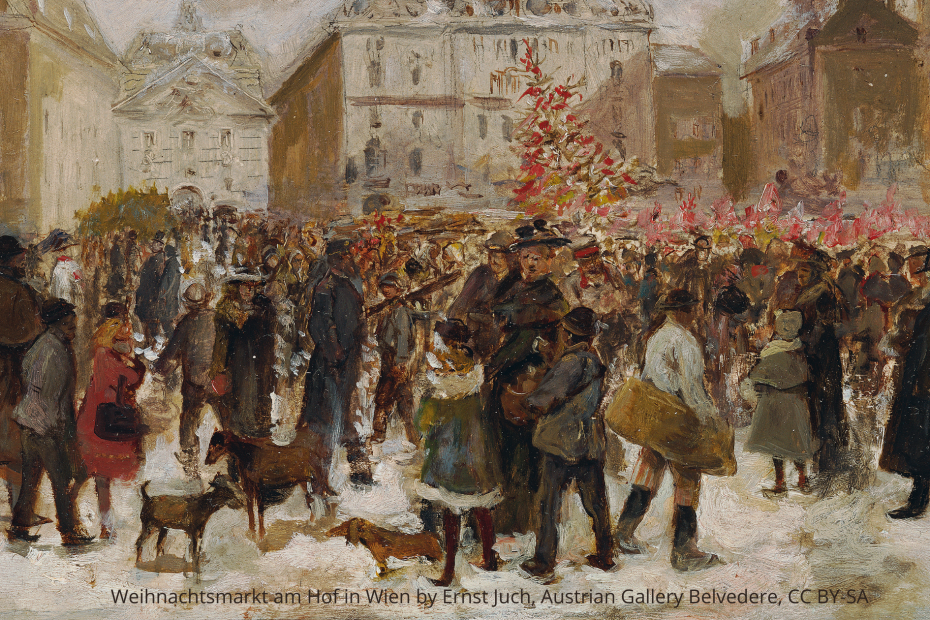Monitoring & Self-Assessing the Digital Performance in Museums – an inDICEs consultation workshop
We are thrilled to invite you to a free of charge consultation workshop organised by inDICEs and project partner NEMO – Network of European Museum Organisations. 16 people will be invited to join the three-part workshop, which will focus on how museums can cope with a rapidly changing digital environment and how you can tap into its opportunities to support your organisation while at the same time avoiding pitfalls. Apply for the chance to learn how to monitor trends, design a… Read More »Monitoring & Self-Assessing the Digital Performance in Museums – an inDICEs consultation workshop
